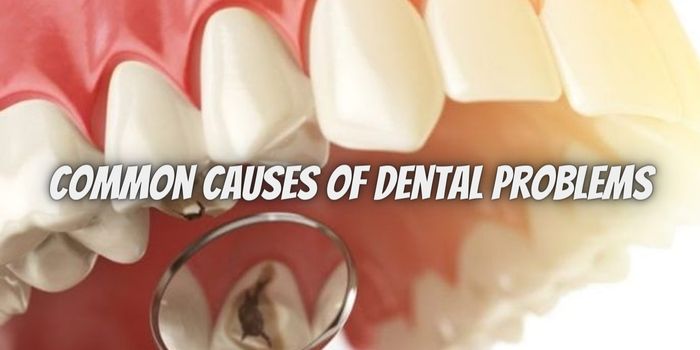Abortion is a controversial and emotionally charged topic that continues to generate significant debate and discussion worldwide. It is a complex issue that involves moral, ethical, and legal considerations. Whether you are pro-choice or pro-life, it is essential to have accurate information about the facts surrounding abortion.
In this article, we delve into some of the key points everyone should know about abortion. Additionally, we will touch on how individuals can access support and resources during their decision-making process, including learning more about Pregnancy Resource Center.
The Legality of Abortion
Abortion has been legal in the United States since the landmark Supreme Court decision of Roe v. Wade in 1973. The ruling established that the constitutional right to privacy extends to a woman’s decision to have an abortion. However, states have varying laws and regulations regarding the provision of abortion services.
In Portland, Oregon, abortion is legal and accessible. The state of Oregon has some of the most liberal abortion laws in the country, with no mandatory waiting period, no required parental notification for minors, and no gestational age limit. This means that individuals in Portland can access abortion services at any point during their pregnancy.
Reasons for Seeking Abortion
There are various reasons why someone may seek an abortion, and it’s important to understand that each individual’s circumstances and experiences are unique. People may choose to have an abortion due to:
- Personal circumstances such as financial instability, lack of support from a partner or family, or already having as many children as one can manage.
- Pregnancy can pose serious risks to the health and well-being of the individual carrying the pregnancy, such as high blood pressure, gestational diabetes, and preeclampsia.
- In some cases, prenatal testing may reveal that a fetus has a genetic condition, serious illness, or birth defect that is not compatible with life or that would cause significant suffering and impairment.
- People who have experienced sexual assault or abuse may seek abortion as a means of regaining control over their bodies and lives.
- Pregnancy and parenting can be significant barriers to pursuing career or educational goals, especially for individuals who are young or just starting out in their careers.
The reasons behind someone’s decision to seek an abortion are personal and complex and may involve a combination of these and other factors. Ultimately, the decision to have an abortion is a personal one that should be made based on an individual’s unique circumstances and needs.
Methods of Abortion
There are two main methods of abortion: medication abortion and surgical abortion. Either method may be deemed appropriate depending on how far along the pregnancy is and the individual’s medical history.
Medication abortion – This method involves taking medication to terminate the pregnancy. The medication is usually taken in two doses and works by blocking the hormone progesterone, which is needed to sustain the pregnancy. As a result, the uterus sheds its lining and the pregnancy is terminated. Medication abortion is typically used in the early stages of pregnancy, up to 10 weeks after the last menstrual period.
Surgical abortion – This method involves a minor surgical procedure to remove the contents of the uterus.
Both medication and surgical abortion are safe and effective methods of terminating a pregnancy when performed by a trained medical provider in a clinical setting. It’s important to discuss all options with a healthcare provider to make an informed decision.
Risks and Complications
Like any medical procedure, abortion comes with certain risks and complications. However, the risks are generally low, especially when the procedure is performed early in the pregnancy. Some potential risks include bleeding, infection, and damage to the uterus or other organs. It is important for women to discuss these risks with their healthcare provider before undergoing the procedure.
Access to Abortion
Oregon has state Medicaid coverage for abortion services, which means that individuals with low income who are enrolled in Medicaid can access abortion services at no cost. Additionally, many private insurance plans in Oregon cover abortion as well.
Oregon also has laws that protect the right to access abortion. This includes a law that prohibits discrimination against individuals who have had an abortion and one that ensures access to reproductive healthcare services, including abortion, without interference from employers or insurance companies.
Overall, the state of Oregon has a strong commitment to protecting and ensuring access to abortion services. Individuals who are seeking an abortion in Oregon have a range of options and resources available to them, including clinics, health care providers, and organizations that provide financial assistance for abortion services.




